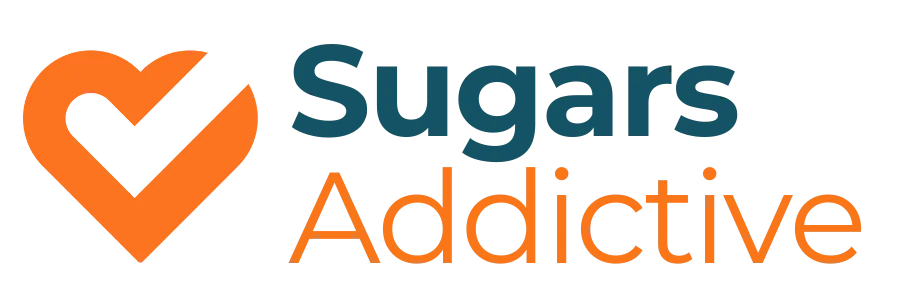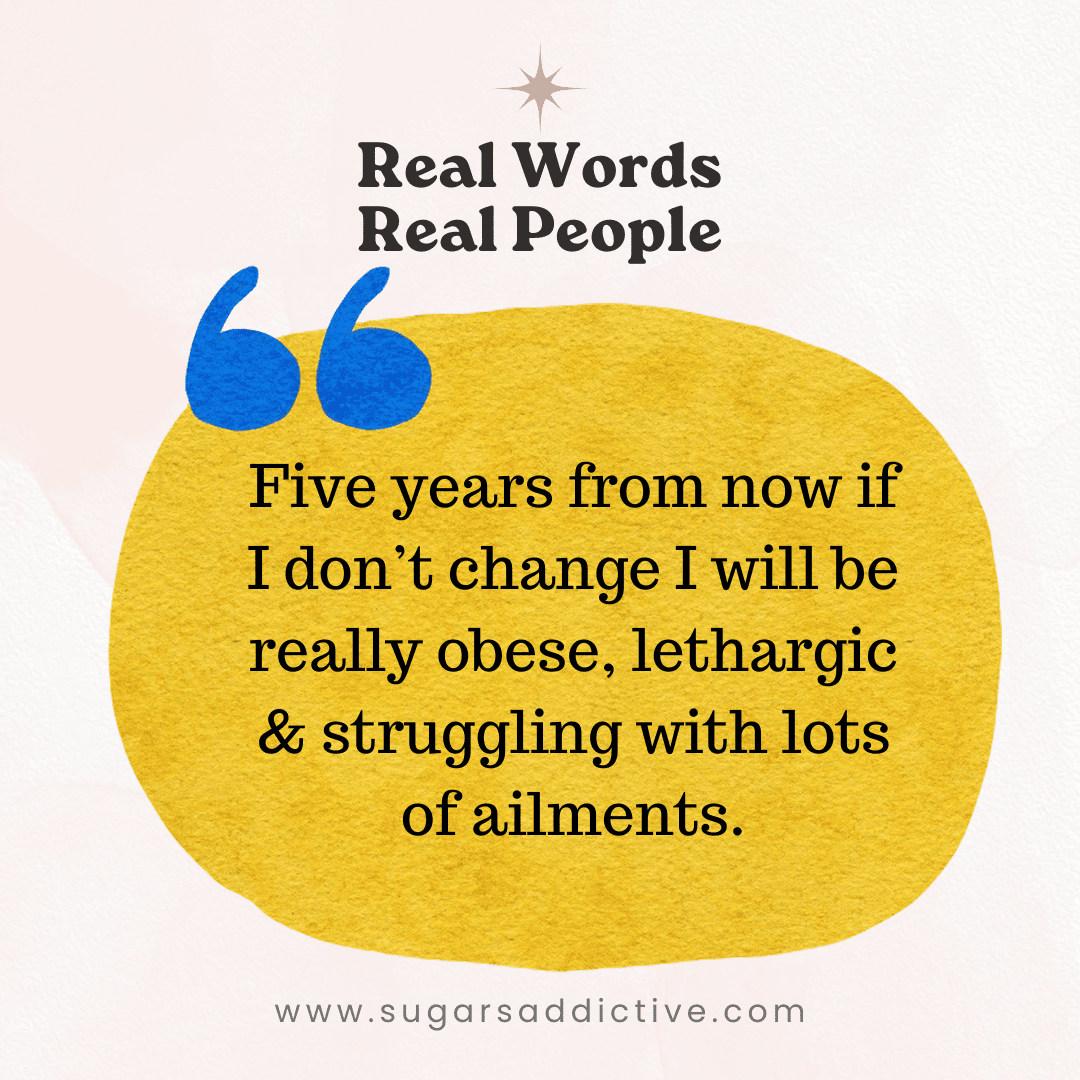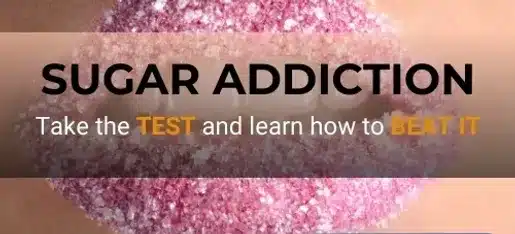Once you Pop you just can’t Stop!
If you’ve ever wondered why you can polish off an entire packet of biscuits but struggle to finish a second helping of steak, you’re not imagining things. There’s actual neuroscience behind why sugar feels impossible to resist, and it has nothing to do with your willpower.
The truth is, sugar operates in your brain exactly like a psychoactive drug. And once you understand the mechanism, everything about sugar cravings starts to make sense.
Your Brain’s Reward Alarm System
Think of your brain as having a sophisticated reward alarm system designed to help you survive. When you eat something new and potentially beneficial, this system releases a chemical called dopamine in your brain’s reward circuit. Dopamine creates that pleasurable “this is good” feeling and motivates you to seek more.
In a healthy system, this reward alarm has built-in intelligence. When you eat normal foods, here’s what happens:
You take your first bite of a perfectly ripe pear. Your brain releases dopamine – DING! “This is delicious and probably good for survival!” But after that initial recognition, special enzymes quickly break down the dopamine. Your brain processes the experience and files it away as “safe food, nothing extraordinary.” The next time you eat pear, there’s much less fanfare. Your reward system has moved on to other priorities.
This mechanism prevents you from becoming obsessed with every single food you encounter. It’s why you can feel satisfied after a proper meal and not immediately crave more of the same thing.
How Sugar Breaks the Rules
Sugar operates by completely different rules, and this is where things get sinister.
When sugar hits your system, it doesn’t just trigger dopamine release – it floods your reward circuit with far more dopamine than natural foods ever could. But here’s where the real problem begins: sugar interferes with the enzymes that normally break down dopamine.
Instead of dopamine getting cleared out quickly like it should, sugar keeps it circulating in your reward system for much longer. It’s like having a car alarm that should stop after 30 seconds but keeps blaring for hours because someone disabled the off switch.
This creates a cascade of problems. Your brain, flooded with unnaturally high levels of dopamine, begins to reset its expectations. It starts to see this artificial high as the new normal. Meanwhile, because the dopamine isn’t getting properly cleared, your reward alarm never gets the “all clear” signal that the experience is complete and processed.
The result? Every time you consume sugar, your brain responds as if it’s the first time – with the same intense reward signal, the same flood of pleasure chemicals, the same urgent motivation to consume more.
The Addiction Parallel
This mechanism is identical to how cocaine, heroin, and other drugs of abuse operate in the brain. They flood dopamine circuits and prevent normal cleanup processes. Research by pioneering neuroscientist Dr. Nicole Avena has shown that processed foods with refined sugars can be even more addictive than illicit drugs.
Think about the implications: your brain literally cannot distinguish between the neurochemical effects of sugar and the neurochemical effects of drugs. Both substances hijack the same reward pathways, both prevent normal dopamine regulation, and both create the same cycle of craving and consumption.
This is why sugar doesn’t follow the normal rules of appetite and satisfaction. It’s why you can eat an enormous meal and still have “room for dessert.” It’s why you can consume thousands of calories in sugary foods and still feel unsatisfied. Your reward system is stuck in permanent “more, more, more” mode.
Why Willpower Isn’t the Answer
Understanding this mechanism explains why traditional advice about moderation and willpower feels so inadequate when it comes to sugar. You’re not fighting a normal food craving – you’re fighting a hijacked brain system that’s been chemically altered to never feel satisfied.
When someone tells you to “just have a little bit” of sugar, they’re essentially asking you to use willpower against a system that’s been pharmacologically disrupted. It’s like asking someone to think their way out of the effects of a drug while the drug is still active in their system.
The Path Forward
Recognition of sugar’s drug-like properties isn’t meant to create despair – it’s meant to create understanding. When you know that sugar has literally broken your brain’s reward system, you can approach recovery with appropriate tools and expectations.
Just like recovery from other substances, sugar recovery requires time for your dopamine systems to reset and heal. It requires environmental changes that don’t rely solely on willpower. It requires treating sugar as the psychoactive substance it actually is, not as a normal food that simply requires better portion control.
Your cravings aren’t a character flaw. They’re the predictable result of a substance that has chemically altered your brain’s reward pathways. And like any chemical dependency, recovery is possible with the right understanding and approach.
The first step is simply knowing what you’re really fighting.
 Kate Oliver is a recovery coach specialising in sugar and carb addiction, trained by renowned expert Bitten Jonsson. She excels at bridging the gap between where her clients are and where they want to be, using deep listening, creative problem-solving, and her ability to connect with and reflect back emotions to help people break free from destructive eating patterns and internal conflicts. When not coaching online and across the UK, Kate enjoys hill walking and open water swimming in the Yorkshire Dales, where she lives with her husband Michael and their dog Ted.
Kate Oliver is a recovery coach specialising in sugar and carb addiction, trained by renowned expert Bitten Jonsson. She excels at bridging the gap between where her clients are and where they want to be, using deep listening, creative problem-solving, and her ability to connect with and reflect back emotions to help people break free from destructive eating patterns and internal conflicts. When not coaching online and across the UK, Kate enjoys hill walking and open water swimming in the Yorkshire Dales, where she lives with her husband Michael and their dog Ted.





